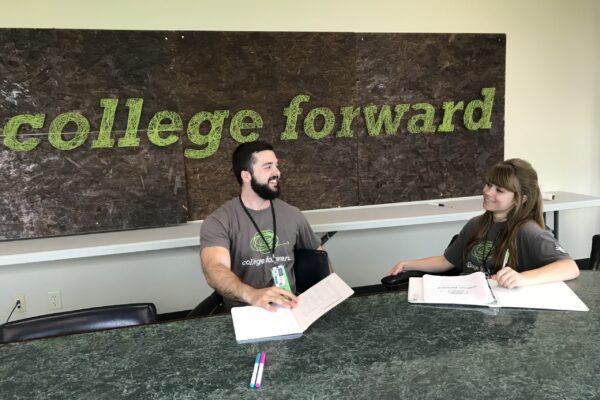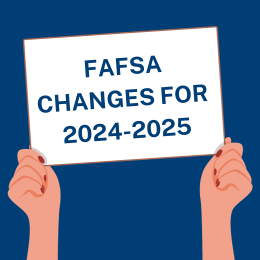Receiving an invitation for an interview can be intimidating whether the interview is for a job, internship, college admissions, or a scholarship. however, with the right preparation, you will be ready to knock your interview out of the park! Check out these tips and best practices, and contact your coach if you would like to practice interviewing before the big date!
What to do before an interview
- Review the job description for clues about the questions you might be asked.
- Be prepared to demonstrate examples of your strengths, weaknesses, skills, and personal qualities as they relate to the position. Write out 10 examples of times that you demonstrated skills, strengths, or successes related to the job you are applying for.
- Research the employer to better understand the culture and how you might fit in. Be prepared to describe what the organization and position do in your own words. Consider researching the hiring manager or employees at the organization on LinkedIn
- Prepare at least 3 questions to ask at the end of your interview, such as:
- How would you define success for this position?
- What are some strengths of the person who held this position previously that you would like to see in the next person to fulfill the position?
- How would you describe the workplace culture?
- What does this organization value?
- What timeline can I expect for my application after my interview?
- Prepare your professional interview attire, copies of your resume, and references.
- Obtain details about the interview, including location, directions, parking, and the names and job titles of interviewers.
- Use the Interview Guide (STAR Method) in the materials section to prepare.
- Practice interview questions with a mentor, supervisor, or staff member at your college career center that you trust. Be sure to ask for feedback.
Types of interview questions
- Direct questions are easy to understand and are more likely to yield concise answers and specific information. Example: “Why did you apply for this position?”
- Open-ended questions often produce unexpected and valuable information, reveal attitudes and feelings, and indicate how well an applicant can organize their thoughts. These questions cannot be answered with a simple “yes” or “no.” Example: “What accomplishments are you particularly proud of?”
- Behavioral questions are types of questions that require a candidate to analyze a situation and can reveal the extent of their experience. Example: “Describe an experience when you had to work on multiple priority projects simultaneously, and what was your strategy for success?”
- Probing questions are often asked when the interviewer would like you to expand on your previous answer. In order to receive fewer of these questions during your interview be certain to not just tell the interviewer what you did, include details on how you did it. Examples: “Could you explain what you mean by …?” or “Tell me more about…?”
After the Interview
- Make some notes to yourself immediately after the interview about each interviewer’s comments. This will help you write thank you notes and reflect on your impression of the organization.
- Write down the interview questions that were difficult for you to answer. Try to determine why the employer was asking the question, and what attributes or experience they were looking for.
- Send thank you notes to all interviewers within 24 hours, expressing appreciation and enthusiasm, re-emphasizing your fit for the position, and commenting on something you learned about the organization. You can also elaborate on the answers to the questions you found difficult to answer during the interview.
- Check out some example “thank you emails” from Indeed.
Interview DO’s and DON’TS
| DO ask your questions to determine if the company will be a good place for you to work and if the job will be a good fit for you. | |
| DO ask about the next steps in the hiring process. | |
| DO write a special thank you letter/email within 24 hours to each person who interviewed you. | |
| DO ask your questions to determine if the company will be a good place for you to work. | |
| DO maintain eye contact with your interviewer, however, you should bring a pen and paper to take notes during your interview. |
| DON’T inquire about salary, vacations, bonuses, retirement, or other benefits until you’ve received an offer. | ||
| DON’T dress inappropriately. If you’re unsure of how to dress, talk with your Coach! | ||
| DON’T say anything negative about former supervisors or employers | ||
| DON’T answer questions with a simple “yes” or “no.” | ||
|
Click Here to Learn More About Preparing by Using the STAR Method
Further Reading:
- Ultimate Job Interview Guide – What to Expect Plus Top 6 Tips, Indeed.com
- 50 Most Common Interview Questions, Glassdoor.com


